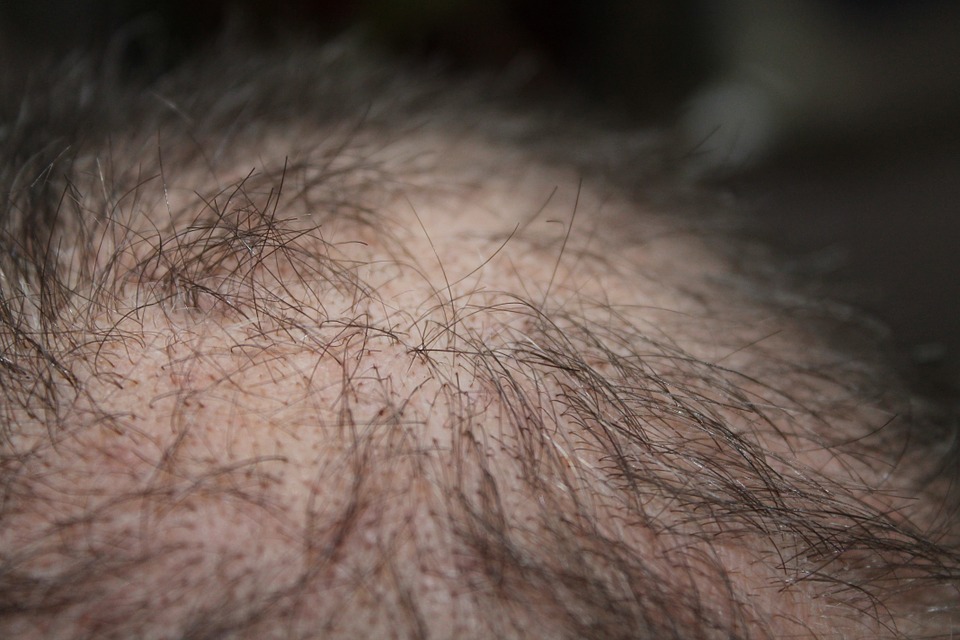New Trends in Medicine Against Baldness

How often have you stared in horror at a comb with a good half of your hair and wished you could stop it falling out at all costs?
Hair loss is a common story, as each person normally loses up to a hundred hairs a day. If there's a suspicious amount of hair on your comb or pillow, it's time to take a closer look at the health of your scalp and hair in general.
As you know, a number of stages in life can cause hair loss. Depending on various factors, the duration of these phases may vary, leading to more pronounced hair loss and baldness. Hair loss is a problem affecting both men and women, and successful treatment is highly dependent on prompt, professional help.
The Causes of Hair Loss
While it's true that hair loss may be genetically determined (or programmed), there are other factors that can contribute to alopecia. Some of these include:
- Regular stress;
- Hormone imbalances;
- Unbalanced diet and uncontrolled diets;
- Unhealthy ecological conditions;
- Mechanical or chemical damage to the scalp;
- Infectious processes.
In addition, hair loss may develop during the course of specific treatments. Baldness is often seen in patients who have undergone chemotherapy and after long-term use of certain groups of antibiotics, antidepressants, systemic retinoids or other drugs.
Propecia in Medicine
Propecia is a drug that is effectively used against male pattern baldness. Propecia cures hormonal hair loss, and the active ingredients in the tablets stimulate the formation of new hair follicles and the growth of healthy hair.
How to use Propecia?
Propecia is taken once a day regardless of meals. The treatment course lasts one to two years. It is not recommended to crush or crush the tablet. If necessary, a small amount of water should be used to wash down the medicine. It is recommended to take the medicine at the same time.












